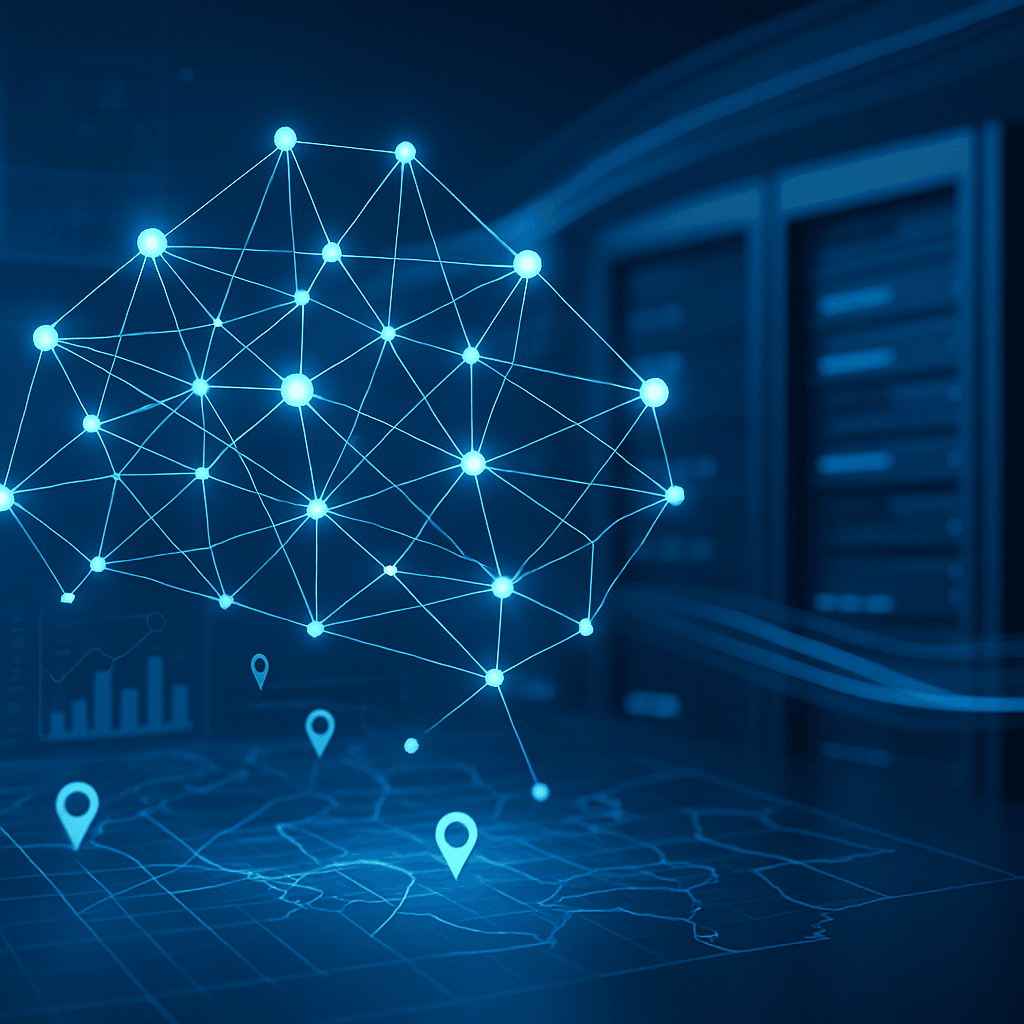Microsoft just supercharged its Fabric platform with Graph and Maps capabilities at FabCon Europe, marking what the company calls a "hinge moment" where AI experiments become enterprise reality. The new features transform raw data into structured, relationship-rich foundations that AI agents actually need to work effectively, pushing beyond simple data unification into true AI readiness.
Microsoft just declared the end of AI experimentation season. At the European Microsoft Fabric Community Conference in Vienna, the company unveiled Graph and Maps capabilities that transform its fastest-growing data platform from a simple data warehouse into what executives are calling an "AI-ready knowledge foundation."
The announcement comes as enterprises hit a wall with their AI projects - not from lack of data, but from poorly organized information that leaves AI agents confused and ineffective. "The challenge isn't gathering more information, but structuring it so agents can reason, connect and act with purpose," Microsoft's official blog post explains.
Graph in Fabric tackles this head-on by applying relationship mapping principles that LinkedIn perfected for social networks to enterprise data. The low/no-code platform automatically identifies connections across customers, partners, and supply chains, creating the contextual web that modern AI agents need to deliver meaningful business outcomes rather than generic responses.
Maps in Fabric adds geospatial analytics that lets teams make location-aware decisions in real time. Whether it's optimizing delivery routes or analyzing regional sales patterns, the feature brings spatial intelligence directly into the data workflow without forcing teams to juggle multiple tools.
But the real story is OneLake's expansion. Microsoft added mirroring capabilities for Oracle and Google BigQuery, letting organizations pull data from competing platforms without the typical migration headaches. "Organizations can bring all their data together, no matter where it lives," according to Corporate Vice President Yitzhak Kesselman's engineering blog.
The Azure AI Search integration with OneLake is now live in the Azure AI Foundry portal, streamlining how developers build context-aware AI agents. OneLake can also convert JSON and Parquet files to Delta tables automatically, eliminating the data format friction that typically slows AI projects.












